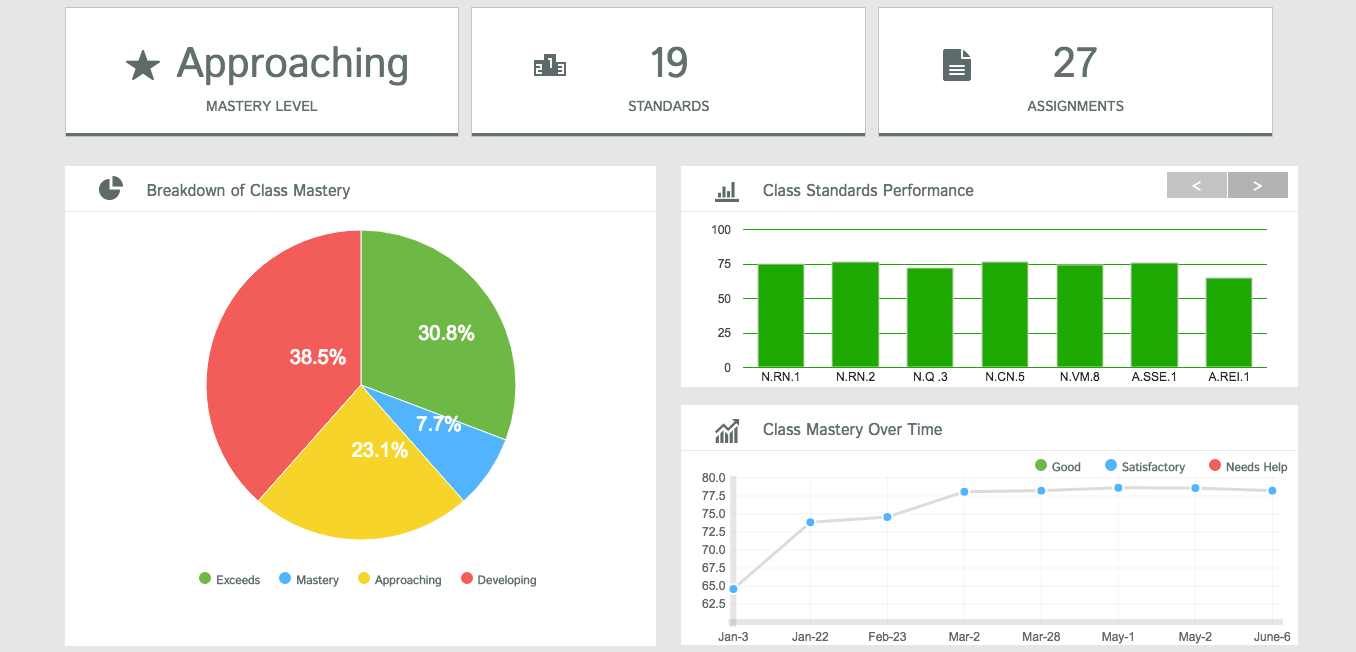Your Legal Rights as An Educator: On Contracts and Due Process

The legalities involved with employment account for some of the most fundamental legal issues. Because teachers are not self-employed, and are employees of a particular organization or board or group of trustees, they must be clear about their employment contract well in advance, to avoid uncertainties and legal hassles. Issues include the following: At what point is a teacher actually hired? When is the teacher made permanent after being employed on a probationary basis? And what implications does the tenure of the contract have for the teacher? The employment contract should address these points in an unambiguous manner, and new teachers should be encouraged to take the time to review their contract in detail after they receive it and before signing it.
As employees, teachers must be aware of the details of their contract, be able to abide by the clauses mentioned in it, and therefore live up to the employer’s expectations. Failure to be aware of these issues could result in termination of employment In the United States; it’s unlawful for a teacher to be terminated without just cause. A school district can establish just cause for termination only if it appropriately informed the teacher of his or her deficiencies before termination, created and implemented a plan to fix them, and gave the teacher several opportunities to deal with the issues.
Next, the district must provide documentation of the teacher’s continued infractions or deficiencies. If the issue was related to instructional performance, the district must provide evidence of incompetence or actions that placed students at risk. It’s not enough to say that the teacher was a weak instructor or disciplinarian. If the teacher failed to follow policy, the district must provide evidence that the teacher actually broke the policy in question. It’s not enough to merely state that the teacher is late at least 2 days a week. Authorities must have documented proof that the teacher is indeed late at least 2 days a week.
Finally, the district must present evidence and documentation showing that it followed due process and provided just cause for the teacher’s termination. Also, the district must provide evidence that it follows the same process for all teachers and that it would have taken the same steps with any other employee with the same experience, history, and employment level who engaged in the same infraction or exhibited the same deficiencies. At this point, just cause has been established, and the district can terminate the teacher in question.
So what’s this about due process?
Due process in education means that fairness should be rendered in all areas, and that a teacher’s or student’s rights as individuals should under no circumstances be violated. Due process is important because most court decisions regarding teachers, education, and ethical teaching pertain to the fundamental issue of fairness. All protections and rights pertaining to due process actually emerge from two amendments to the U.S. Constitution:
1. The Fifth Amendment, which states that “no person shall . . . be deprived of life, liberty, or property, without due process of law.”
2. The Fourteenth Amendment, which asserts that “the equal protection of the law” should not be denied to any individual and “nor shall any State deprive any person of life, liberty, or property, without due process of law.”
Typically, due process that is appropriated in the judging of the fairness of an action can be classified under two broad headings:
1. Substantive due process rights, which deals with the issue per se.
2. Procedural due process rights, which delves into the fairness of the process used in delivering justice.
For instance, if a teacher was dismissed from his or her duties for treating a child in a particular manner that the child’s parents were not pleased about, an issue of substantive due process is raised. The court’s decision will be based on whether or not the teacher’s actions fell within the lawful bounds of ethical teaching.
Procedural due process, on the other hand, would involve the circumstances and the manner in which the case was handled. Issues such as whether or not the teacher received a fair chance to present his or her side of the story in defense and whether he or she was given an opportunity to question the evidence come into play here. Procedural due process is a broad term, and its meaning changes from state to state, depending on the region-specific laws and regulations. To understand this concept, let’s take a look at the court verdict in Goldberg v. Kelly, which included the following account of the minimum procedural safeguards demanded by basic due process:
- The provision of an opportunity to be heard, and the date and time for this opportunity should be provided to the concerned individual well ahead of time.
- A full, detailed account of the reasons for the proposed suspension must be furnished well in advance.
- The opportunity for the accused employee to defend him or herself and to question the evidence provided against him or her should be provided.
- He or she must, under no circumstances, be deprived of the opportunity to retain an attorney.
- The individual must receive the opportunity to cross-examine the witnesses present.
- It’s compulsory that the decision reached must strictly rest on legal rules and laws and on the evidence presented at the hearing.
- The decision-making body must be impartial and unbiased.
The underlying idea behind practicing and attaching appropriate importance to procedural due process is to ensure that individual students, as well as teachers, are not unnecessarily burdened with arbitrary actions against them by any institution or individual.





